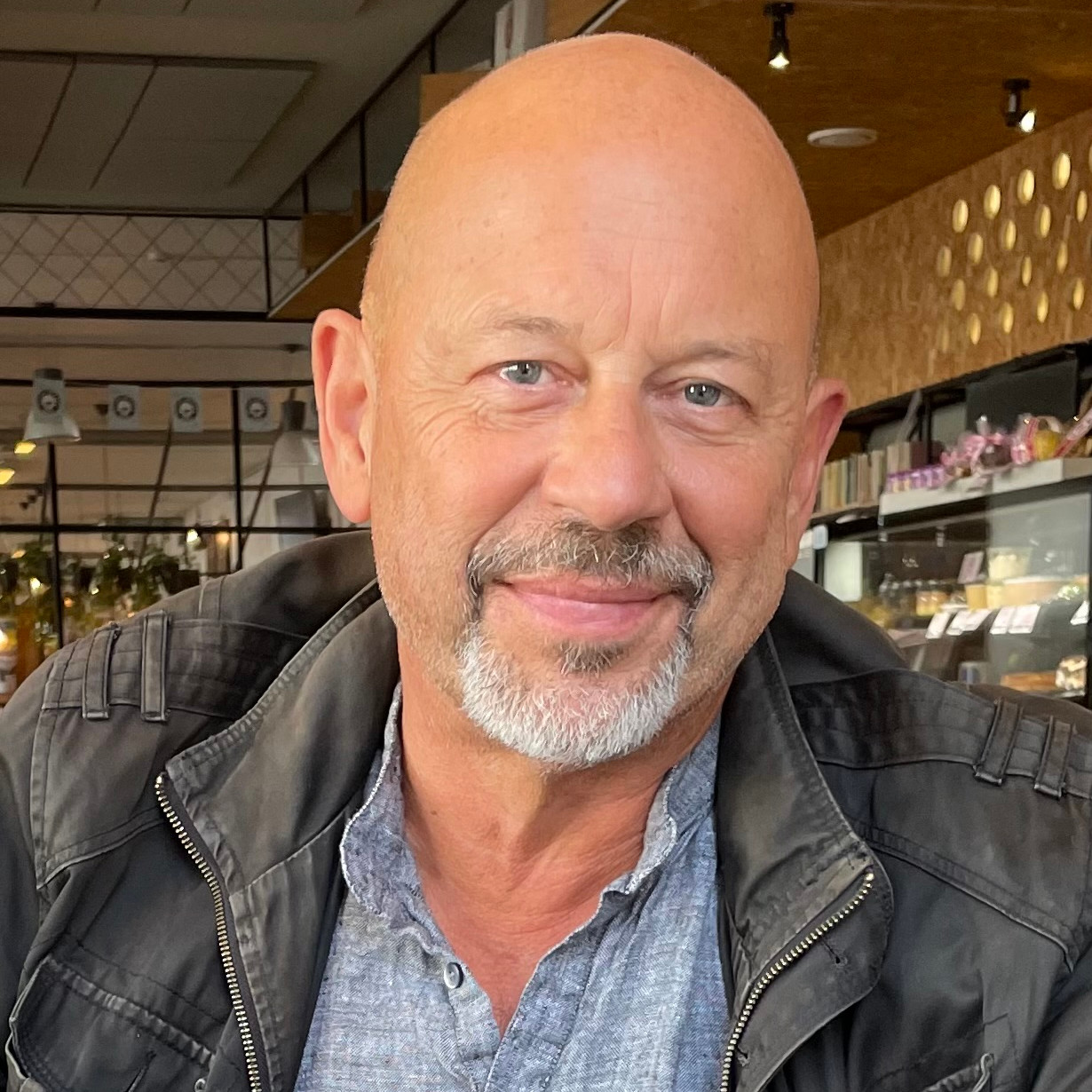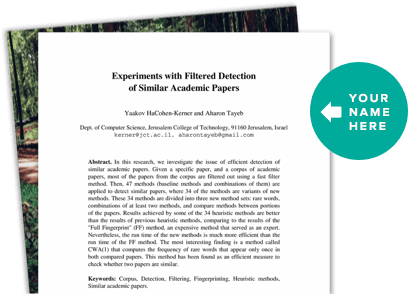About This Project
A drifter floats on the surface to gather ocean data. This project empowers citizen scientists to build and deploy drifters to investigate ocean currents and measure sea-surface temperature, salinity, barometric pressure and wave circulation. This funding enables in-situ data collection to understand ocean dynamics in the surf zone where data is limited data. Citizens depend on the ocean for livelihoods and this project will provide insights to them.
Ask the Scientists
Join The DiscussionWhat is the context of this research?
A drifter is a free-flowing device that is used to measure surface ocean currents. Drifters would be assembled by scientists & coastal communities using a compact receiver unit which will be drogued. The drifter would provide lagrangian data from the ocean current systems. Minor coastal studies contribute to oceanography data as lagrangian data is often not measured in the surface zone as shown here. The design of drifters will be similar to the drifter in the research paper here.
This study will determine the relationship between wave-averaged drifter velocity & depth-averaged current. Data from these studies will enhance ocean literacy for coastal communities and give them access to scientific knowledge & skills.
What is the significance of this project?
Drifters provide data that contributes to weather modelling evidenced here. The data from drifters can be used in weather forecasting and it would assist in providing information for coastal communities thereby keeping them informed and safe from unpleasant weather conditions. The data gathered from this project will enable early warning systems to detect and mitigate climate change.
This project would be a citizen science project in which communities in South Africa would be for the first time involved in the development and deployment of low-cost drifters which would enable them to understand ocean observations and the need to conserve our precious resource, the ocean.
What are the goals of the project?
The objective of the research project is to use transdisciplinary approach to research in which communities that do not have access to scientific knowledge are given an opportunity to be involved in the design and implementation of the research. Five drifters will be deployed and contribute to the high quality spatio-temporal resolution observations around South Africa. The sensors will collect data every 30 minutes and this data will be transmitted in real time through satellite communication. The drifter would collect data for approximately one to three years. The raw data from each of the sensors will be converted into different formats that can be used. Data will be quality controlled and analysed using numerous statistical techniques and visualisations will empower communities.
Budget
We need the funding for the purchasing of the components for the drifters and depolyment of the drifters. We will use funds from our science engagement programme to arrange the workshops for the co-engage, co-design and co-deliver the transdiciplinary research for ocean observations.
Endorsed by
 Project Timeline
Project Timeline
The project will start in the month of January 2024 when we plan to co-engage with communities and use coastal communities to work with. In March 2024, we start with acquiring the materials for the drifters. The first community workshop with take place in September. The other workshops will take place in February 2024. The deployment of the drifters will take place in June 2024. The data analysis starts in December 2024 and will be ongoing until the drifters lifespan ends.
Nov 08, 2023
Project Launched
Jan 29, 2024
Workshops with communities to co-engage, co-design and co-deliver the research agenda for ocean observations
Mar 11, 2024
Deployment of the drifters
Meet the Team
Kogie Govender
I am Kogie Govender from the South African Environmental Observation Network (SAEON), NRF. At SAEON, Kogie is involved in the coordination of environmental science engagement programmes in the field of long-term ecological monitoring and marine sciences. The environmental science engagement programmes at SAEON promote scientific enquiry and problem-solving skills in life sciences, geography, mathematics, physics and chemistry. At SAEON the environment is used as a tool to activate all senses of the beneficiaries that we target through exploration, discovery and scientific adventure. Learn more about SAEON education at https://education.saeon.ac.za/ and https://gsn.saeon.ac.za/
Greg Cowie
I am an oceanographer and biogeochemist at the University of Edinburgh. Over the years, my teaching and research have led me to develop portable packages of instruments that I have used in diverse locations, from the Indian Ocean to the Caribbean. The principle has been to train undergraduate students in field and analytical methods, in order to collect good data for numerous types of oceanographic studies, often in remote settings, without the need for expensive equipment or a formal research vessel or laboratory. It is this experience that I hope to bring to the present project.
Lab Notes
Nothing posted yet.
Additional Information
The drifters would be produced using low-cost sensors. The funding for this project would be to buy the components and construct the drifters. The drifter will be powered by solar panels, back-up batteries with many sensors onboard, a compute module for processing data and a satellite modem for reporting data.
Project Backers
- 1Backers
- 1%Funded
- $1Total Donations
- $1.00Average Donation

